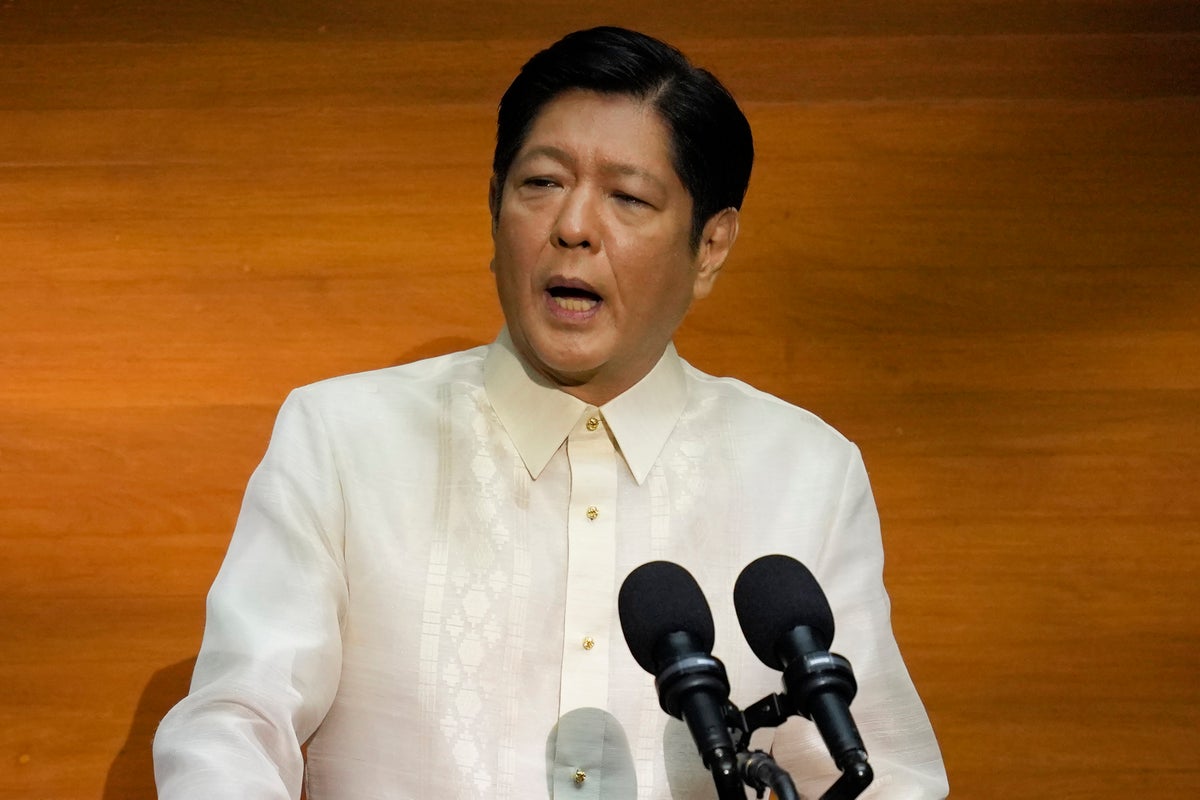
The Philippine president has threatened to fire top agricultural officials if an investigation shows they improperly announced a decision to import sugar amid a shortage without his approval, his press secretary said Thursday.
It’s the stiffest punitive step newly elected President Ferdinand Marcos Jr. could take against officials over an apparent irregularity early in his six-year term. He took office on June 30 after a landslide election victory and inherited daunting problems.
Press Secretary Trixie Cruz-Angeles said a resolution authorizing the importation of 300,000 metric tons of sugar by the Sugar Regulatory Board, which Marcos Jr. heads, was posted on the website of the Sugar Regulatory Administration under the Department of Agriculture on Wednesday.
Marcos Jr. has temporarily taken the helm of the Department of Agriculture due to a looming food crisis and skyrocketing commodity prices sparked in part by Russia’s invasion of Ukraine.
Cruz-Angeles said the president never approved or was aware of the resolution to import sugar, which was signed by an agriculture undersecretary and other officials. The document was taken down from the website by Thursday.
“This resolution is illegal,” she told a news conference. “An investigation is ongoing to determine whether any acts that will cause the president to lose trust and confidence in his officials can be found or if there is malice or negligence involved.”
“If such findings are made, then the only determination left will be how many heads are going to roll,” she said.
Officials dealing with sugar shortages and fast-rising prices, caused largely by the devastation of sugarcane fields, milling factories and refineries by a powerful typhoon in December, have opted to secure additional sugar imports to ease the crisis.
But Marcos Jr. rejected the proposal, saying it needed to be studied to protect consumers from rising prices while making sure “that we do not destroy the local industry,” Cruz-Angeles said.
Marcos Jr. also inherited a pandemic-battered economy, lingering coronavirus threats, deep poverty, decades-long Muslim and communist insurgencies, law and order problems and political divisions inflamed by the recent elections.







